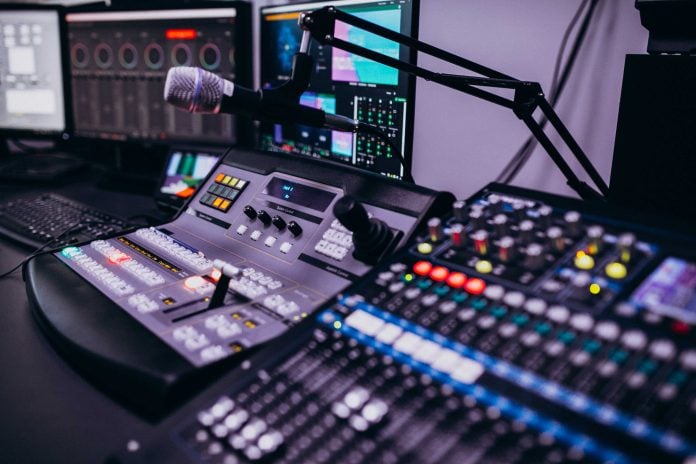The Ghanaian media landscape experienced a significant disruption on June 12, 2025, when the National Communications Authority (NCA) announced the suspension of 62 radio stations. The NCA cited regulatory compliance issues as the basis for this sweeping action, triggering immediate and widespread concern among media stakeholders and civil society organizations. The primary anxieties revolved around the potential chilling effect on press freedom and the restriction of citizens’ access to information, crucial pillars of a healthy democracy. The mass suspension was deemed a disproportionate response, raising fears of a shrinking democratic space in Ghana. The abrupt nature of the NCA’s action further exacerbated these concerns, leaving affected stations scrambling to understand the specific infractions and the path to reinstatement.
In the wake of the NCA’s announcement, several civil society organizations, including the Media Foundation for West Africa (MFWA), publicly criticized the suspensions. They argued that while adherence to regulatory frameworks is essential, the approach taken by the NCA was heavy-handed and lacked transparency. The MFWA emphasized the importance of a more collaborative and communicative approach to regulatory enforcement, one that prioritized engagement and support over punitive measures. This call for a more nuanced approach resonated with many who viewed the mass suspensions as a potential setback for media pluralism and freedom of expression in Ghana. The ensuing public discourse highlighted the delicate balance between enforcing regulations and safeguarding fundamental democratic principles.
President John Mahama responded to the growing concerns by intervening and directing the Minister for Communications, Digitalisation and Innovation, Hon. Sam Nartey George, to exercise clemency. This presidential intervention signaled an acknowledgment of the potential negative impacts of the NCA’s actions and a desire to find a more balanced approach. Following the President’s directive, Minister George announced a 30-day grace period for the affected stations to rectify their operational deficiencies and bring themselves into compliance with the existing regulatory framework. This reprieve offered a critical window of opportunity for the suspended stations to address the issues raised by the NCA and avoid permanent closure.
The 30-day grace period initiated by the Minister for Communications, Digitalisation and Innovation presents a crucial opportunity for both the affected radio stations and the regulatory bodies to engage constructively. The MFWA has strongly urged all affected stations to utilize this time effectively to regularize their operations. This includes addressing outstanding licensing fees, completing any pending registration processes, and obtaining the necessary Certificates of Compliance. By diligently attending to these matters, the radio stations can demonstrate their commitment to operating within the established legal framework and regain their broadcasting licenses. This proactive approach is essential to restoring their operations and continuing to serve their communities.
Simultaneously, the MFWA has reiterated its call for a more collaborative and transparent approach to regulatory enforcement by the NCA and the Ministry of Communications, Digitalisation and Innovation. The organization emphasizes that while media organizations must adhere to the licensing framework outlined in the Electronic Communications Act, 2008 (Act 775), and the Electronic Communications Regulations, 2011 (L.I. 1991), enforcement should be conducted fairly and transparently. The MFWA advocates for a regulatory environment that provides the necessary support and guidance to facilitate compliance, rather than resorting to abrupt punitive measures that can stifle media diversity and restrict the flow of information. This approach, they argue, will foster a healthier and more sustainable media landscape.
As Ghana’s broadcasting sector continues to evolve, a collaborative approach between regulators and media operators is paramount. The MFWA encourages ongoing dialogue and cooperation between the NCA and media organizations, emphasizing the shared responsibility of maintaining a vibrant and accountable media environment. A commitment to compliance on the part of media outlets, coupled with transparent and supportive regulatory practices, will contribute to a more robust and democratic media landscape. The MFWA remains committed to supporting efforts that promote fairness, accountability, and a thriving media sector in Ghana, recognizing its essential role in a functioning democracy. By working together, regulators and media operators can ensure that Ghana’s broadcasting sector continues to serve the public interest while upholding the principles of freedom of expression and access to information.


